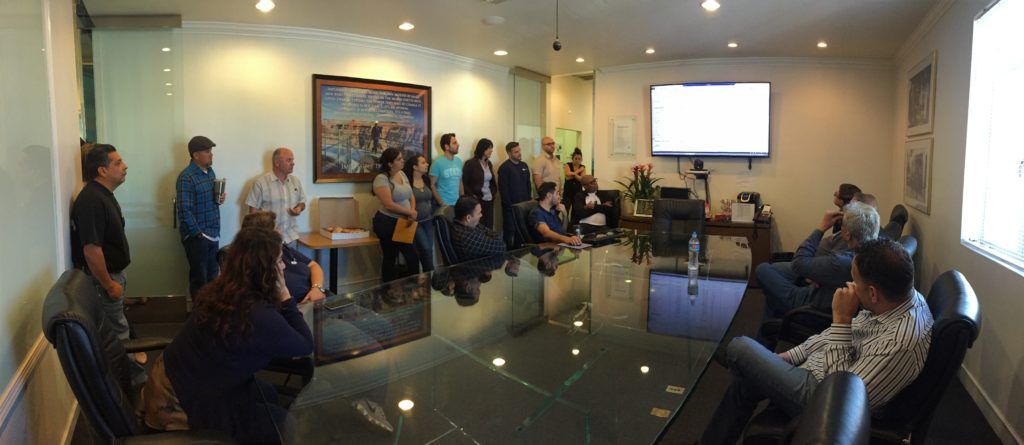
In interpersonal relationships, in our careers, and in our government, transparency is a healthy, just way of existing in community. It’s also sometimes quite the elephant in the room. Either way, transparency is not always easy to achieve, especially when a necessary element of it is trust — a crucial, hard-earned factor in any relationship, I’m sure we can all agree.
Discussing the topic of financial transparency here, an organization that provides financial reporting in a clear, candid, frank, and easily understood way is embracing financial transparency.
We realize how important financial transparency is when working with investors, but what happens when your shareholders include a majority of your employees as well? When a company has an active Employee Stock Ownership Plan (ESOP), that means its employees are all employee-owners, stockholders, and deeply involved personal investors in the company.
According to the National Center for Employee Ownership (NCEO), ESOP companies are not required to disclose financial statements, officer salaries, share ownership structure, and other information to ESOP participants.
I’m glad to work at Giroux Glass, a company that chooses to share financials and ESOP progress with us participants. Our Director of Finance and accounting team do so in monthly “Scoreboard meetings,” where partners gather, doughnut in hand, to compare our projected quarterly goals with actual company financials. We’re able to see detailed reports of the progress we’re making toward reaching our annual profit and revenue goals. Along with sharing progress, it’s another opportunity to make sure our employees all understand how they contribute toward reaching our goals and affect our bottom line.
In these Scoreboard meetings, we’re actually encouraged to ask questions, to learn about our financial statements, and to even request our own internal copy. What these meetings demonstrate most to me is how crucial each department is to our overall successes (and hiccups) as a united organization. We’re able to discuss and strategize plans for reaching our financial goals, because as employee-owners, the prosperity of our company is essentially our own as well.
Especially in a corporate situation where transparency is a buzzword that tends to be used as a means to an end (i.e., to boost sales, morale, company culture, etc.), I do feel that actually having an open-door policy and a platform to discuss company information such as financials can be empowering for employees. Better yet, it communicates that we employees are important and deserve to know the truth regarding the company’s financial metrics and status, at all times.